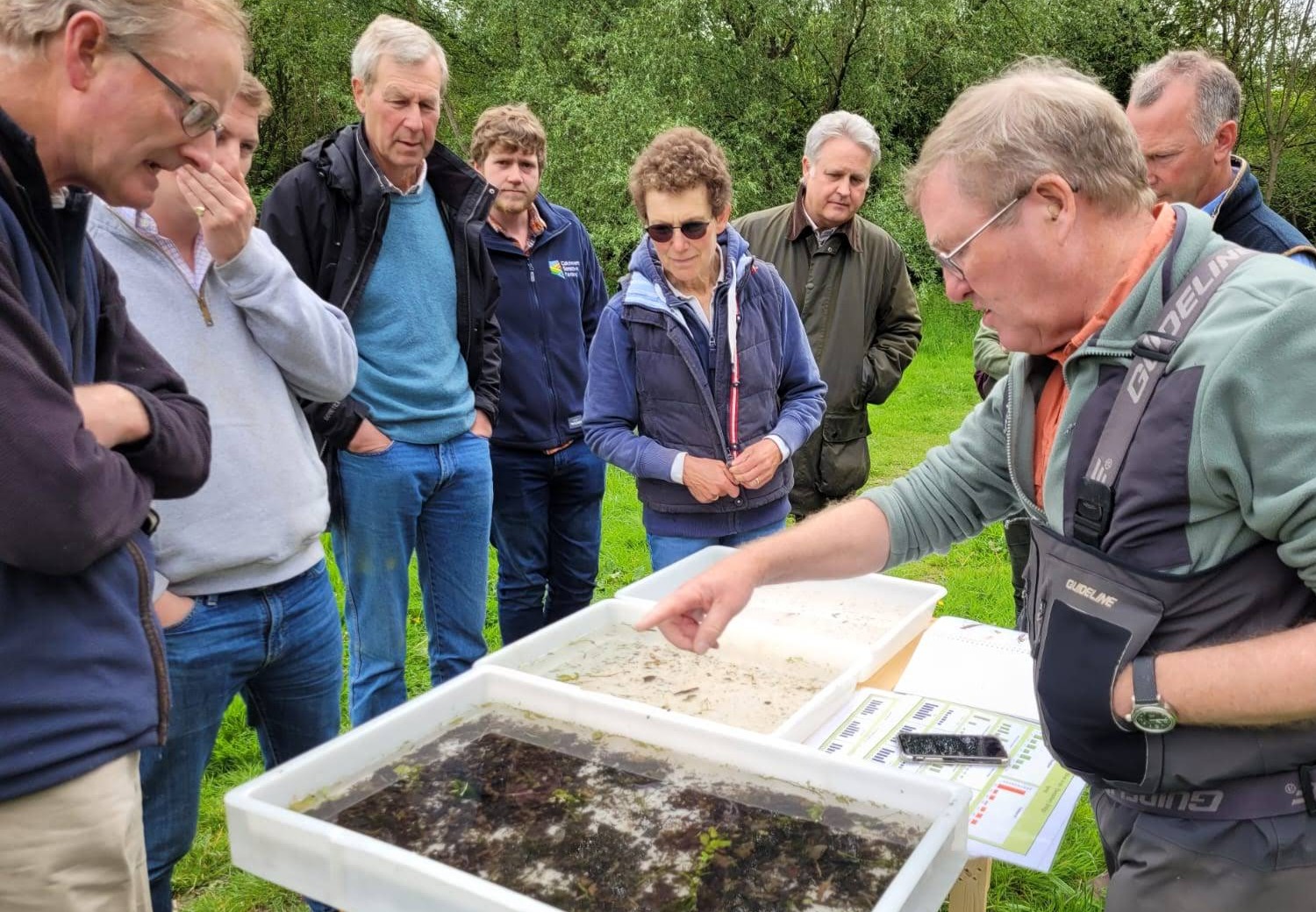From flower rich meadows dotted with the odd sheep or cattle alongside our chalk streams to the open expanse of wheat and barley fields swaying in the breeze upon the chalky down land, Wessex is a heavily farmed landscape.
Whilst farming practices may have changed a lot over the years, neolithic man was cultivating our floodplains 6000 years ago. So it’s safe to say our rivers and streams are very much a product of our interaction with the landscape.
Many of our local farmers recognise the important role nature plays in underpinning a sustainable, productive farming system. By working together, typically with the support of a facilitator, farmers have established farmer-led groups (aka clusters) which can work more cohesively to deliver greater benefits for soil, water and wildlife at a much greater scale than working alone.
With the country departing the EU, farmers in England will now be paid to deliver benefits for nature through the new Environmental Land Management Scheme (ELMS), including a much stronger focus on rivers and streams. In addition to the change in farm subsidies, farmers are also being approached by local authorities, developers and the wider corporate sector with the desire to work with them to offset their activities, or help meet new ‘ESG’ criteria.
The new subsidy scheme for farmers has a greater focus on restoring the health of our rivers and streams. With farmers in our area eager to find out more about the health of the water in their catchment, Wessex Rivers Trust have stepped up our engagement with the increasing number of farmer-led groups across our area.
Our area is rich in farmer groups, in particularly the Hampshire Avon catchment where 9 groups cover nearly half of the 170,000 hectares of land in the catchment. Groups are also now well-established in the Test and Itchen, whilst new groups are forming in the Stour and Meon catchments.
Map of Farmer Groups

